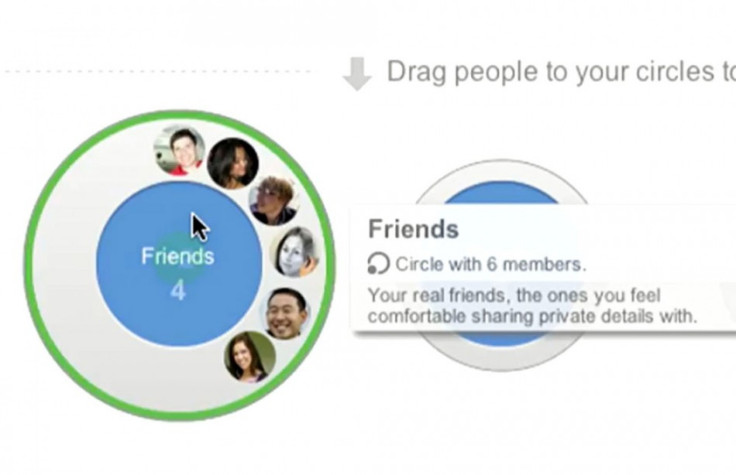Can Facebook, Google+ Survive Together?

Google’s new networking site Google+ has brought along with it the debate of survival chances of the social networking giant Facebook.
People have seen the collapse of MySpace, which hints that people are happy with one networking site to assist them but they have also seen the co-existence of Twitter and Facebook, where the former gives a public platform and the later, a private platform.
So can Google+ and Facebook go hand in hand as well?
Facebook seemed to have felt a bit unnerved with the arrival of the baby ‘rival’, as it shortly launched the Skype-powered video chat to keep its train of 750 million users charmed with the old guy.
However Google+ Hangout still stands out to be a better video chat tool as it allows 10 people to chat at the same time in a conference for free.
Facebook has also stopped Google from shifting friend lists from Facebook to Google+, to keep its key weapon with itself.
While the two giants are busy nudging each other, Google’s executive chairman, Eric Schmidt thinks that there is enough room for other networking giants, Facebook and Twitter.
Schmidt said he would love to have deeper integration with Twitter and Facebook,” Reuters reported.
He said with its Hangout feature, Google+ will be as competent as Facebook and Twitter, who have a large user-base.
Judy Shapiro, a blogger for AdAge and the CEO of EngageSimply says that “Google+ is just Google's attempt to be Facebook, and Facebook is doing its share to become Google.”
She says that Google has tried to integrate social data in its system, that’s the best way to improve accuracy of its search results.
Getting publicity for posts will be much easier with Google+, as publishers of contents pay a lot of attention to Google, from search engine optimization to increase the ranking on Google searches, search engine marketing keyword ads to drive traffic, and on-site advertising solutions ranging from AdSense to DoubleClick.
Facebook on the other hand has its own onsite platform that allows advertisers to send targeted ads based on users’ personal and preference data.
Shapiro says, “If you marry the strength of the search that Google has with behavioral base of social media that Facebook has, that's a one-two punch. But our privacy becomes the collateral damage.”
© Copyright IBTimes 2024. All rights reserved.





















